If you've noticed a foul odor coming from your kitchen sink, you're not alone. This is a common issue that many homeowners face. But what exactly is causing this unpleasant smell? There are a few possible culprits: Food buildup: The most common cause of a rotting smell from your kitchen sink is food residue that has built up in your drain. Over time, this residue can start to decompose and emit an unpleasant odor. Mold and mildew: Another possible cause of a foul smell is mold and mildew growth in your sink. These fungi thrive in dark, damp environments, making your kitchen sink the perfect breeding ground. Sewer gas: If your kitchen sink is not properly vented, sewer gas can escape through the drain and cause a rotten egg smell. This is not only unpleasant but can also be harmful to your health.1. Causes of a Rotting Smell from Your Kitchen Sink
Now that you know what might be causing the foul smell, it's time to get rid of it. Here are a few effective methods to eliminate the odor from your kitchen sink: Boiling water: The simplest and most cost-effective solution is to pour boiling water down your drain. This can help loosen and flush out any food residue that may be causing the smell. Baking soda and vinegar: For a more natural remedy, mix equal parts baking soda and vinegar and pour it down your drain. Let it sit for 10-15 minutes before flushing it with hot water. Commercial drain cleaners: If the smell persists, you can try using a commercial drain cleaner specifically designed to eliminate odors. Just be sure to follow the instructions carefully and use caution as these products can be harsh.2. How to Get Rid of a Rotting Smell in Your Kitchen Sink
In addition to the causes mentioned above, there are a few other common reasons for a rotting smell from your kitchen sink: Garbage disposal issues: If you have a garbage disposal, it's essential to keep it clean and free of any food debris. Failure to do so can result in a buildup of bacteria and a foul odor. Clogged drain: A clogged drain can also contribute to a smelly kitchen sink. If water is draining slowly or not at all, it's a sign that there is something blocking the drain and causing the odor. Old pipes: Over time, pipes can deteriorate and develop cracks or leaks. This can allow food and other debris to get trapped and decompose, resulting in a foul smell.3. Common Reasons for a Foul Odor from Your Kitchen Sink
Now that you've eliminated the smell, it's crucial to take preventative measures to keep it from returning. Here are a few tips to help you maintain a fresh-smelling kitchen sink: Regular cleaning: Make a habit of cleaning your kitchen sink regularly, including the drain and garbage disposal. This will help prevent the buildup of food and bacteria that can cause odors. Use a drain strainer: A drain strainer is an inexpensive and effective way to prevent food and other debris from going down your drain. This can help reduce the risk of clogs and foul smells. Flush with hot water: After every use, run hot water down your drain for a few minutes. This can help prevent any food residue from sticking to the inside of your pipes.4. Tips for Preventing a Rotting Smell in Your Kitchen Sink
If you prefer natural remedies, there are several DIY solutions you can try to keep your kitchen sink smelling fresh: Lemon and salt: Cut a lemon in half and sprinkle salt on it. Rub the lemon on the inside of your sink and down the drain. The acidity of the lemon and the abrasive salt can help break down and eliminate any buildup. Essential oils: Mix a few drops of your favorite essential oil with water and spray it down the drain. Not only will this leave a pleasant scent, but some essential oils also have antibacterial properties that can help keep your drain clean. Borax and water: Create a paste using borax and water and apply it to the inside of your sink. Let it sit for a few minutes before rinsing it with hot water. Borax is a natural cleaner and deodorizer that can help eliminate odors.5. DIY Solutions for a Smelly Kitchen Sink
If you've tried all the DIY methods and the smell persists, it may be time to call in the professionals. A licensed plumber can inspect your pipes and determine the root cause of the odor. They can also use specialized tools and techniques to thoroughly clean and deodorize your kitchen sink drain.6. Professional Plumbing Services for Eliminating Kitchen Sink Odors
If you prefer to avoid harsh chemicals, there are several natural remedies you can use to eliminate a foul odor from your kitchen sink: Vinegar and citrus peels: Place leftover citrus peels (lemon, lime, or orange) in a jar and cover them with vinegar. Let it sit for a few weeks before using it as a natural drain cleaner. Baking soda and lemon juice: Create a paste using baking soda and lemon juice, and apply it to the inside of your sink and drain. Let it sit for a few minutes before rinsing with hot water. Lemon juice has natural antibacterial properties, and baking soda is a great deodorizer. Hydrogen peroxide and baking soda: Mix hydrogen peroxide and baking soda to create a paste, and apply it to your sink and drain. Let it sit for 10-15 minutes before rinsing it with hot water. Hydrogen peroxide is an effective disinfectant, and baking soda can help neutralize odors.7. Natural Remedies for a Stinky Kitchen Sink
Regularly cleaning and deodorizing your kitchen sink drain can help prevent foul smells from occurring. Here's an easy DIY method you can use: Step 1: Pour a pot of boiling water down the drain to help loosen any buildup. Step 2: Sprinkle a cup of baking soda down the drain and let it sit for a few minutes. Step 3: Pour a cup of vinegar down the drain and immediately cover it with a drain plug or cloth. The baking soda and vinegar will create a foaming reaction that will help break down any residue. Step 4: Let the mixture sit for 10-15 minutes before flushing it with hot water. Step 5: If the smell persists, you can repeat the process or try using a commercial drain cleaner.8. How to Clean and Deodorize Your Kitchen Sink Drain
In some cases, a rotting smell coming from your kitchen sink may be a sign of a more serious issue. Here are some red flags to watch out for: Persistent odor: If the smell persists even after trying various methods to eliminate it, it could be a sign of a more significant underlying issue. Slow draining: If water is draining slowly or not at all, it could indicate a clog or a damaged pipe that is causing the smell. Visible mold or mildew: If you can see mold or mildew growth around your kitchen sink, it's a sign of excess moisture and a potential issue with your plumbing. If you notice any of these signs, it's best to call a licensed plumber to inspect your kitchen sink and address any underlying problems.9. Signs of a More Serious Issue Causing a Rotting Smell in Your Kitchen Sink
If you prefer to use commercial products to eliminate a foul smell from your kitchen sink, here are a few options to consider: Enzymatic drain cleaners: These cleaners use natural bacteria to break down organic matter in your drain, eliminating foul smells. Sewer gas odor eliminators: These products are specifically designed to neutralize sewer gas odors and are safe to use in your kitchen sink drain. Garbage disposal cleaners: To keep your garbage disposal clean and odor-free, consider using a disposal cleaner regularly. These products can help break down food residue and prevent build-up. In conclusion, a rotting smell coming from your kitchen sink can be quite unpleasant, but it's usually a problem that is easy to solve. By understanding the causes and taking preventative measures, you can keep your kitchen sink smelling fresh and clean. If the smell persists, it's best to consult a professional plumber to address any underlying issues. With these tips and solutions, your kitchen sink will be odor-free in no time.10. Products to Help Eliminate Kitchen Sink Odors
The Culprit Behind the Rotting Smell from Your Kitchen Sink
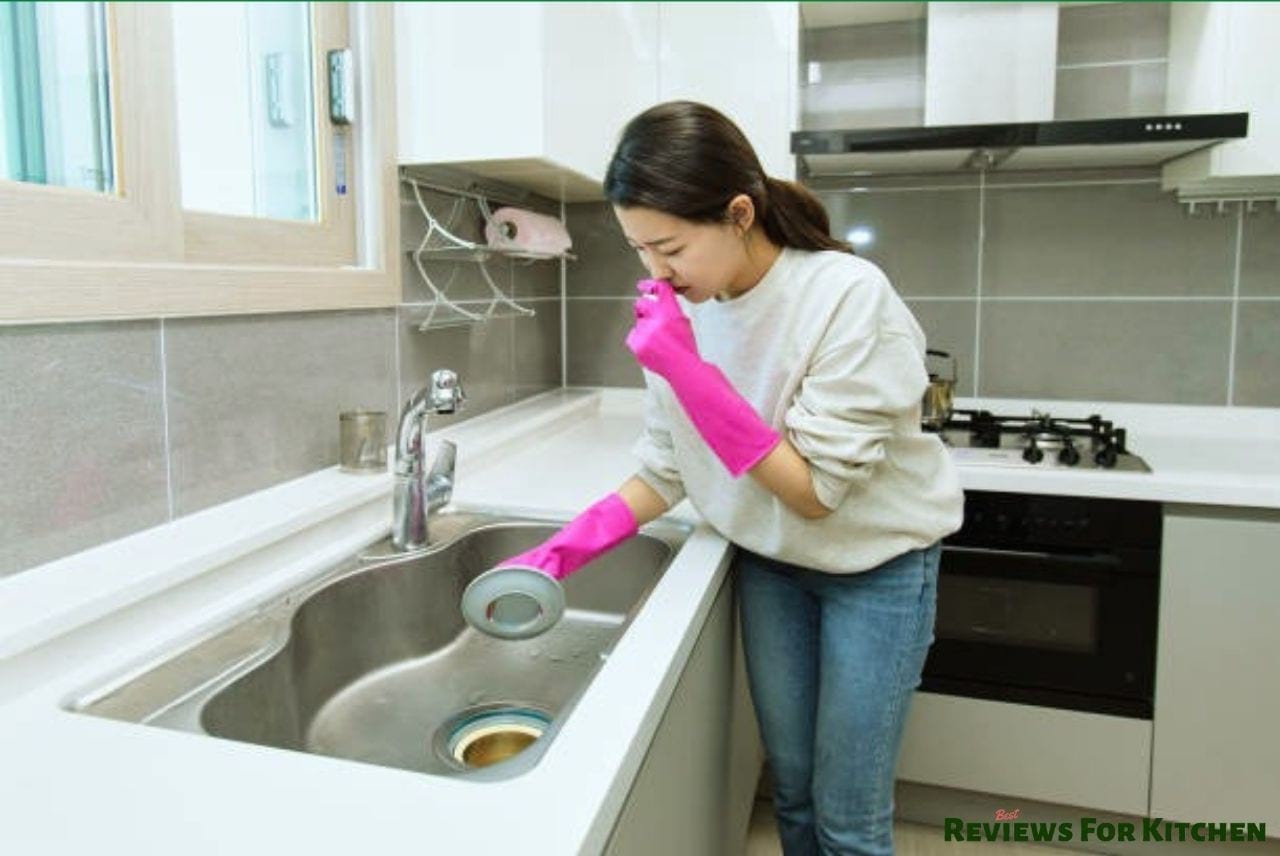
Understanding the Cause
 If you've noticed a persistent and unpleasant smell coming from your kitchen sink, you're not alone. This issue is a common occurrence in many households and can be a major nuisance. The first step to solving this problem is understanding the cause. The rotting smell is often a result of food particles and grease buildup in the pipes and garbage disposal. Over time, these substances can decompose and produce a foul odor that permeates your entire kitchen.
If you've noticed a persistent and unpleasant smell coming from your kitchen sink, you're not alone. This issue is a common occurrence in many households and can be a major nuisance. The first step to solving this problem is understanding the cause. The rotting smell is often a result of food particles and grease buildup in the pipes and garbage disposal. Over time, these substances can decompose and produce a foul odor that permeates your entire kitchen.
Effects on House Design
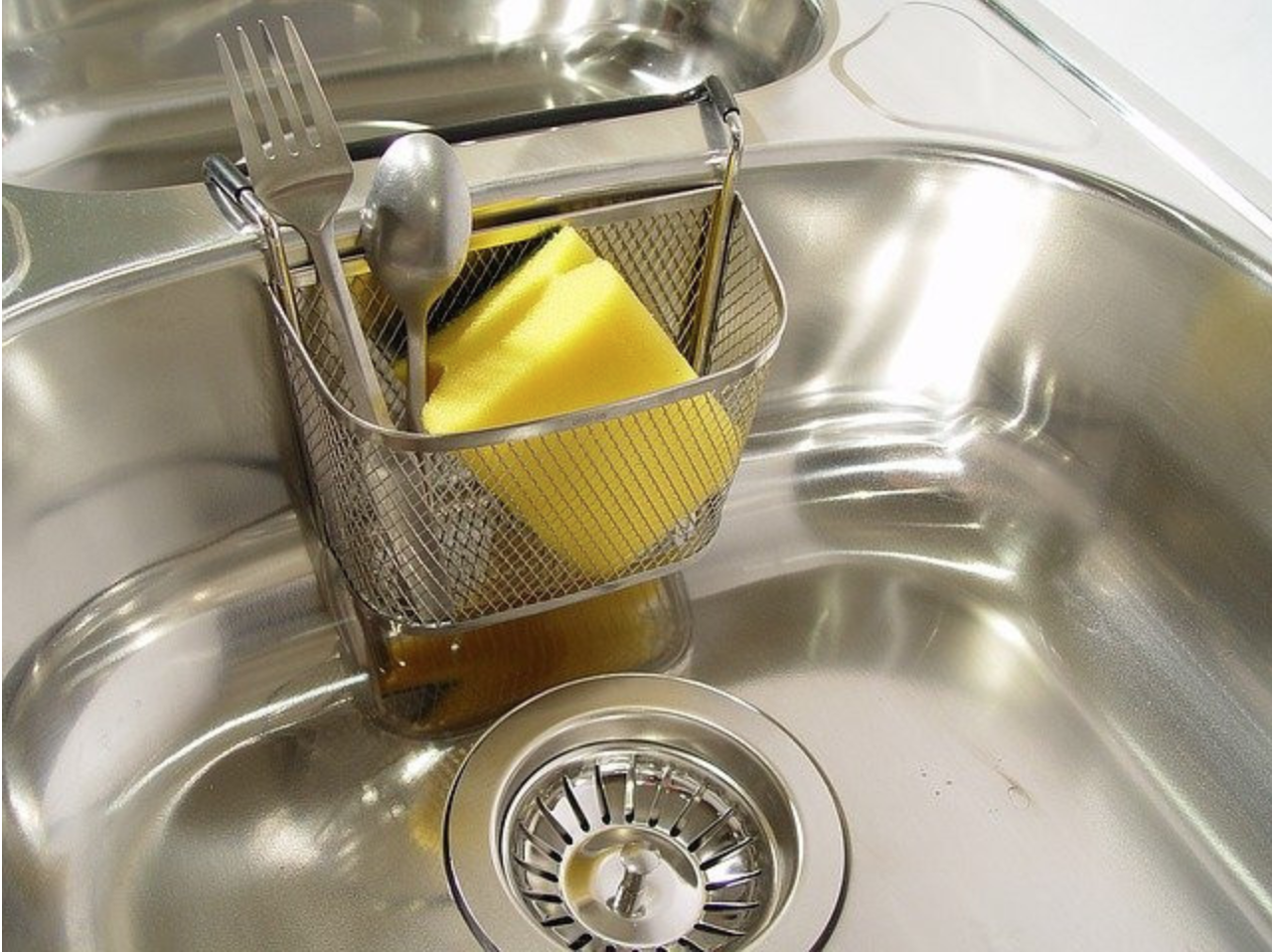 The rotting smell from your kitchen sink can have a negative impact on your overall house design. It not only creates an unpleasant and uninviting atmosphere, but it can also be a major turn-off for guests. The last thing you want is for your guests to be greeted by a foul smell as soon as they enter your kitchen. Moreover, this issue can also affect the value of your house as potential buyers may be put off by the odor. Therefore, it is important to address this problem as soon as possible to maintain a pleasant and welcoming environment in your home.
The rotting smell from your kitchen sink can have a negative impact on your overall house design. It not only creates an unpleasant and uninviting atmosphere, but it can also be a major turn-off for guests. The last thing you want is for your guests to be greeted by a foul smell as soon as they enter your kitchen. Moreover, this issue can also affect the value of your house as potential buyers may be put off by the odor. Therefore, it is important to address this problem as soon as possible to maintain a pleasant and welcoming environment in your home.
The Solution
 The good news is that there are several simple and effective solutions to get rid of the rotting smell from your kitchen sink. The first step is to regularly clean and maintain your garbage disposal and pipes. This means flushing it with hot water and dish soap, as well as periodically using a mixture of baking soda and vinegar to break down any buildup. Additionally, avoid pouring grease and food scraps down your sink to prevent clogs and unpleasant smells.
The good news is that there are several simple and effective solutions to get rid of the rotting smell from your kitchen sink. The first step is to regularly clean and maintain your garbage disposal and pipes. This means flushing it with hot water and dish soap, as well as periodically using a mixture of baking soda and vinegar to break down any buildup. Additionally, avoid pouring grease and food scraps down your sink to prevent clogs and unpleasant smells.
Final Thoughts
 In conclusion, the rotting smell from your kitchen sink is a common problem that can have a negative impact on your house design and overall living experience. By understanding the cause and implementing simple maintenance routines, you can eliminate this issue and create a fresh and welcoming atmosphere in your kitchen. Don't let a foul smell ruin your house design – take action and keep your kitchen smelling clean and inviting.
In conclusion, the rotting smell from your kitchen sink is a common problem that can have a negative impact on your house design and overall living experience. By understanding the cause and implementing simple maintenance routines, you can eliminate this issue and create a fresh and welcoming atmosphere in your kitchen. Don't let a foul smell ruin your house design – take action and keep your kitchen smelling clean and inviting.




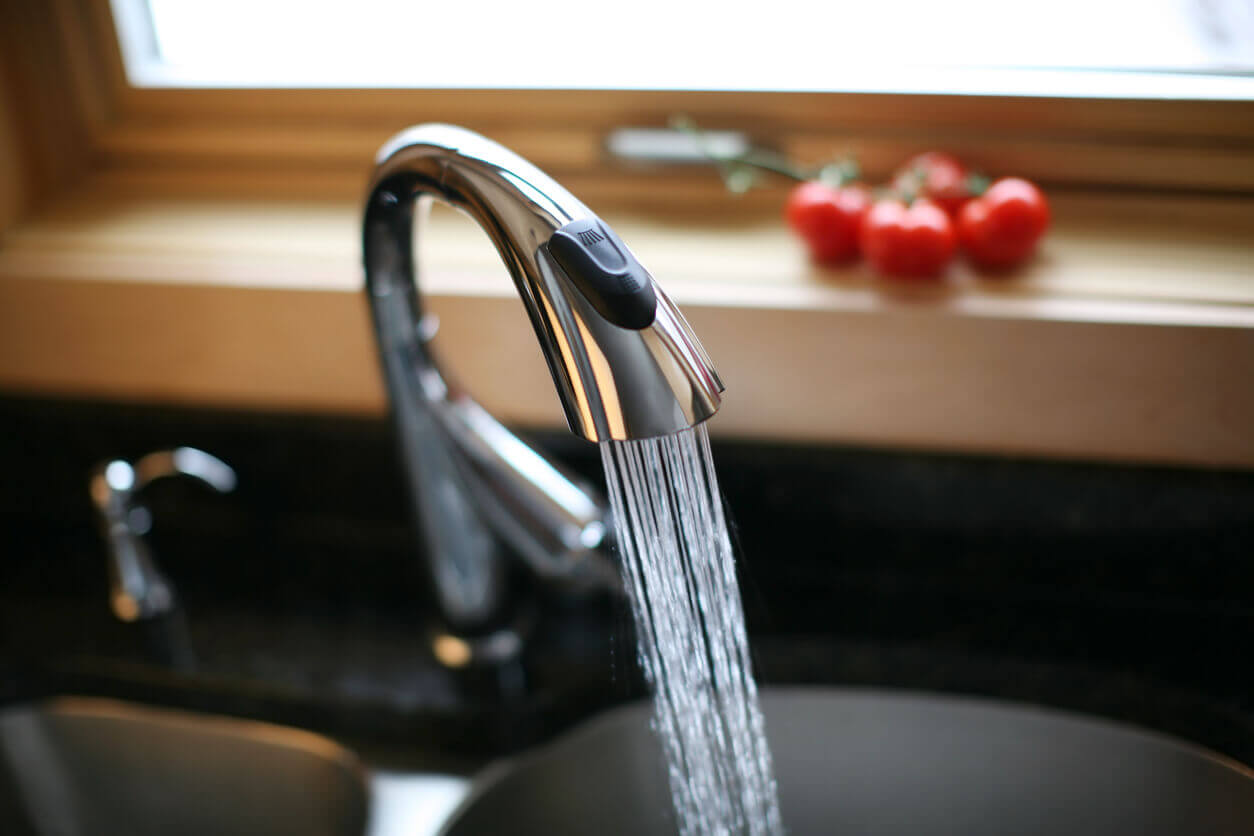


.png)


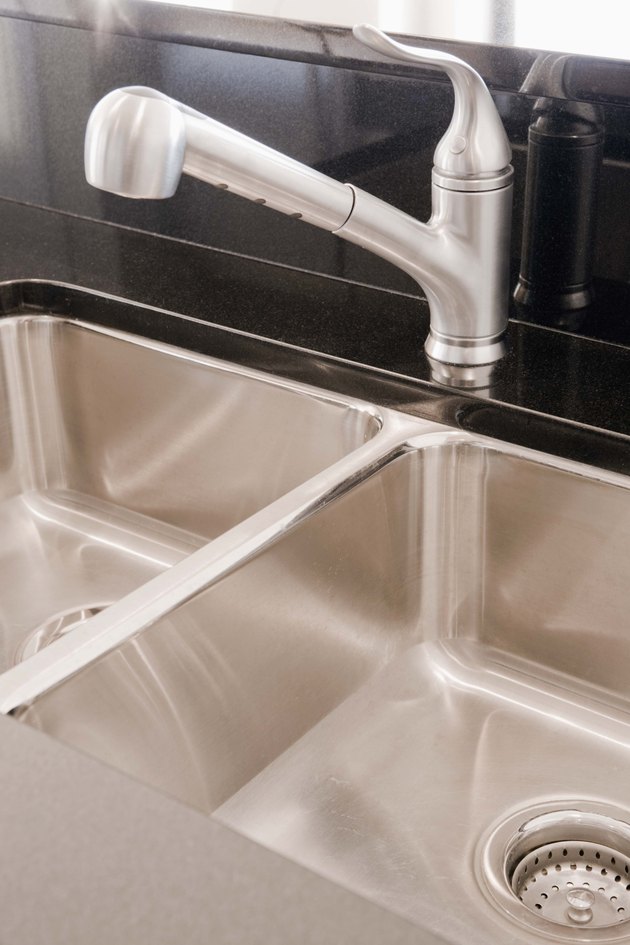


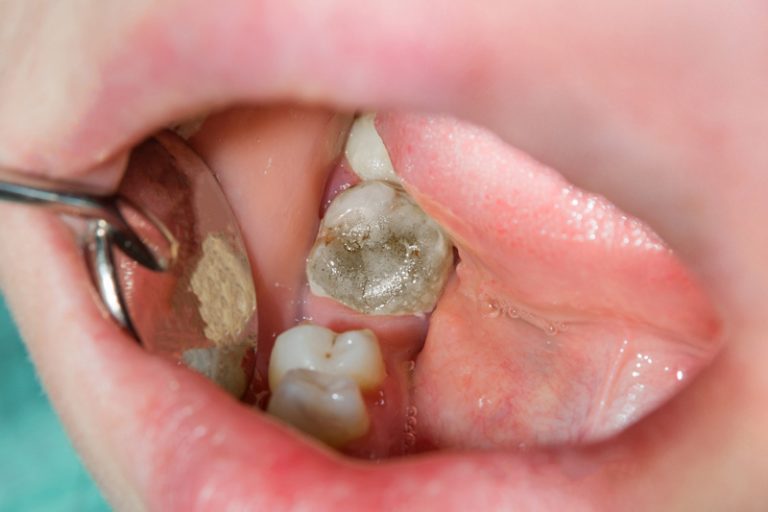

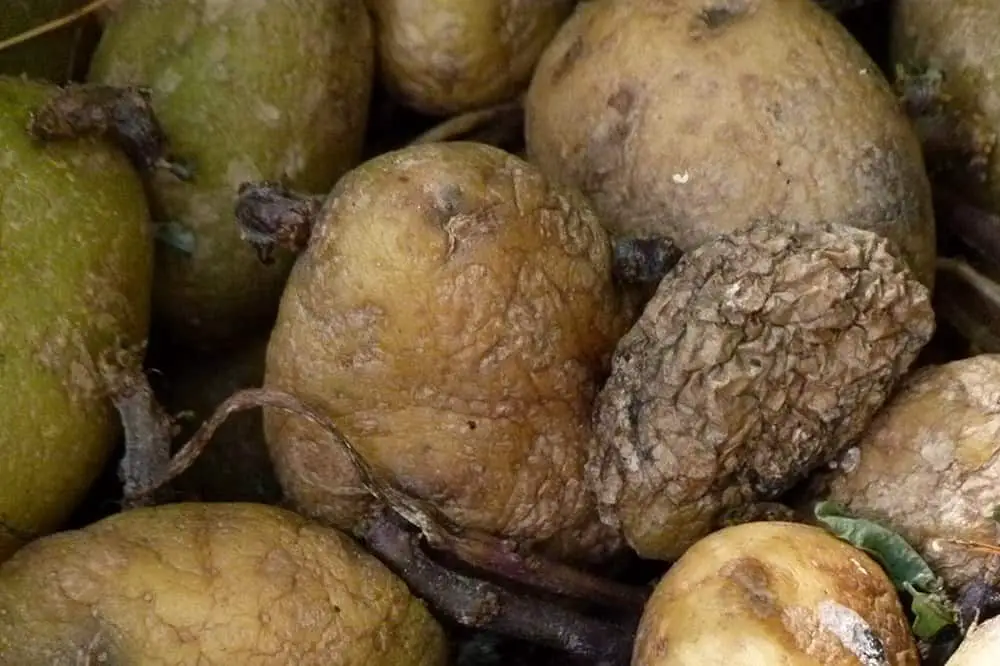
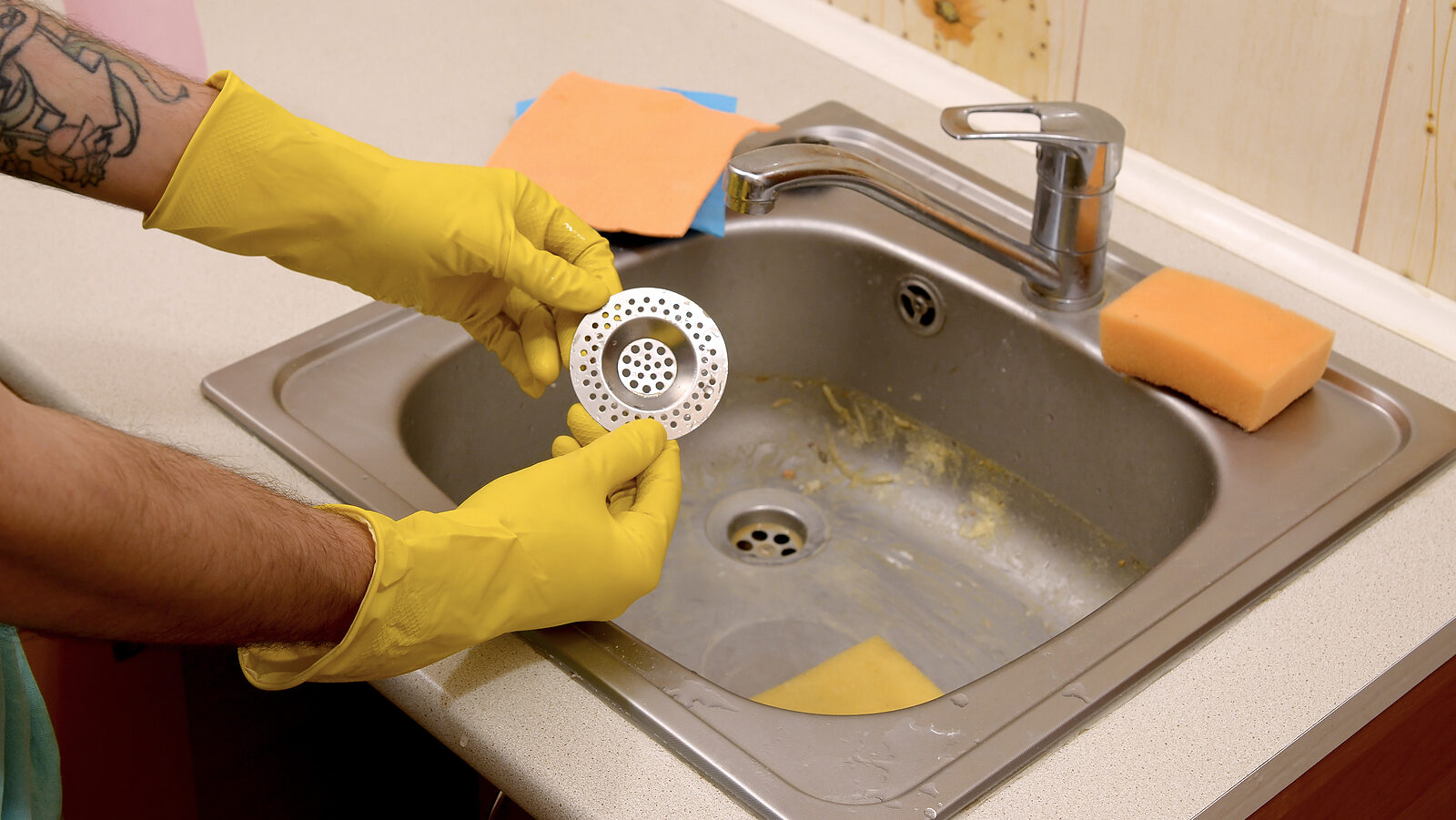







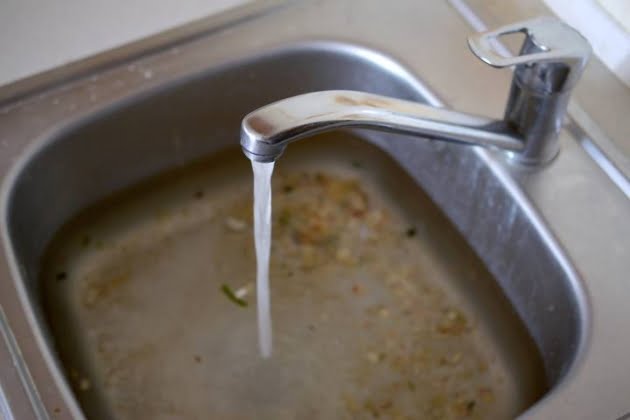
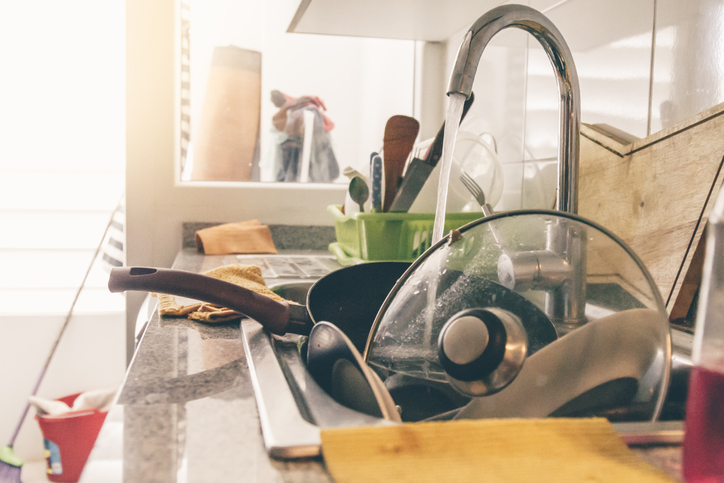













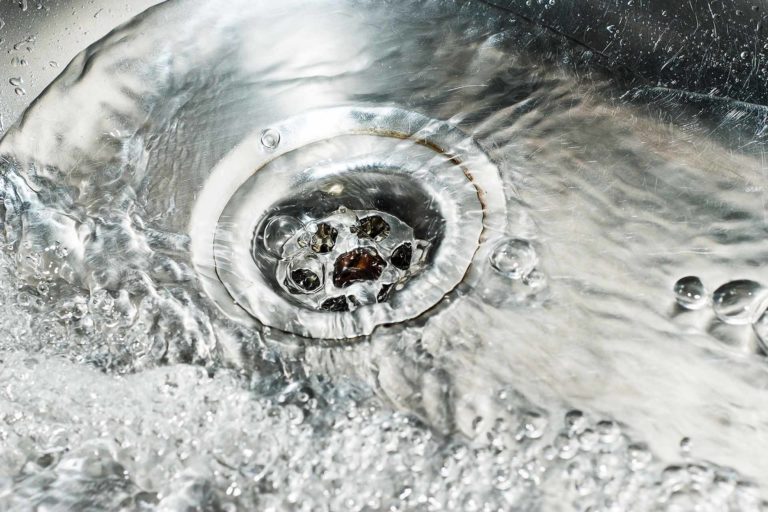


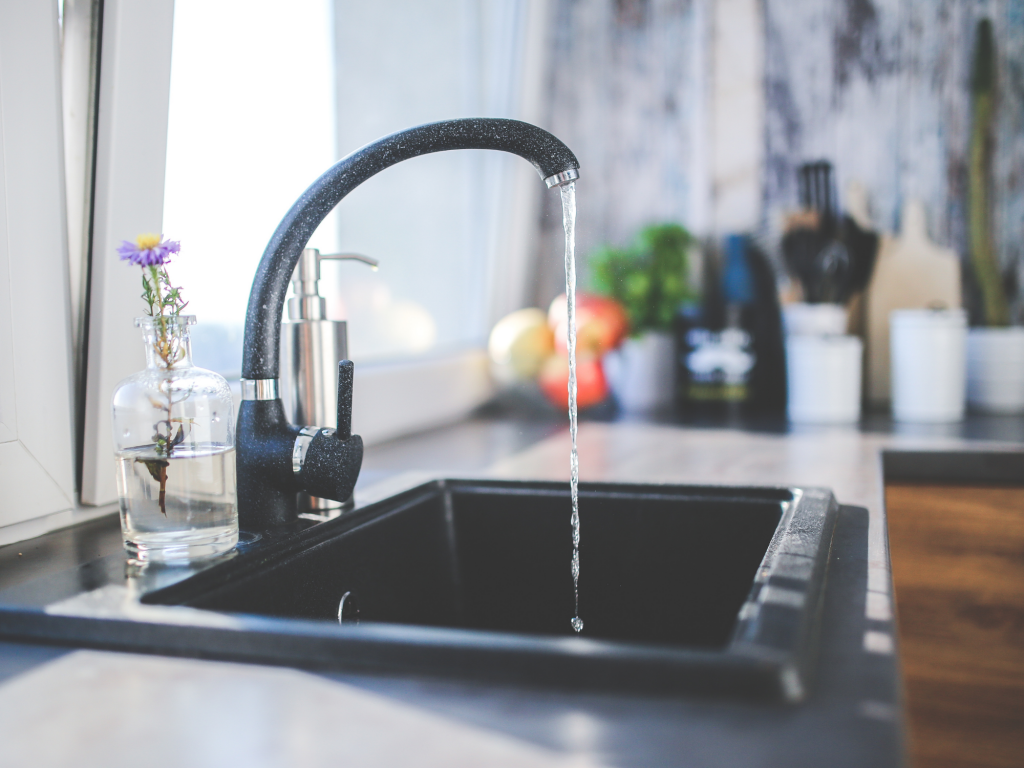






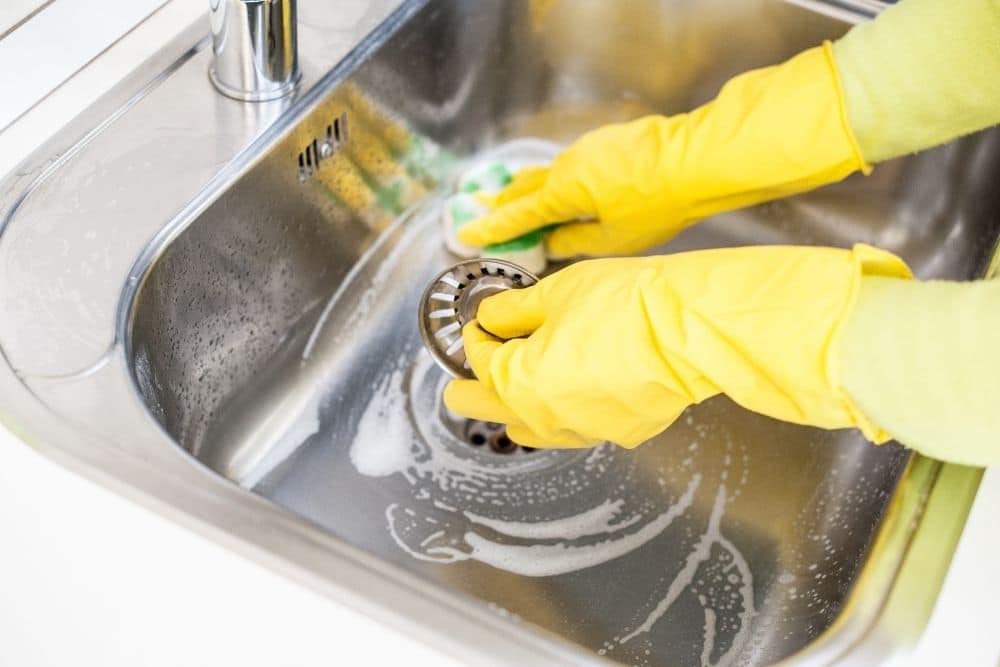

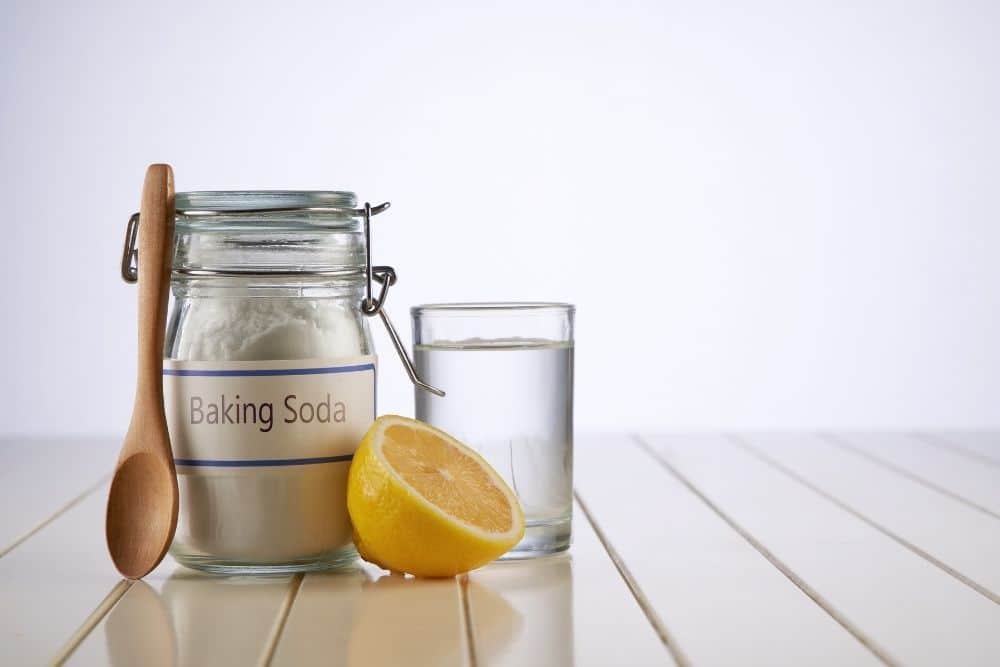








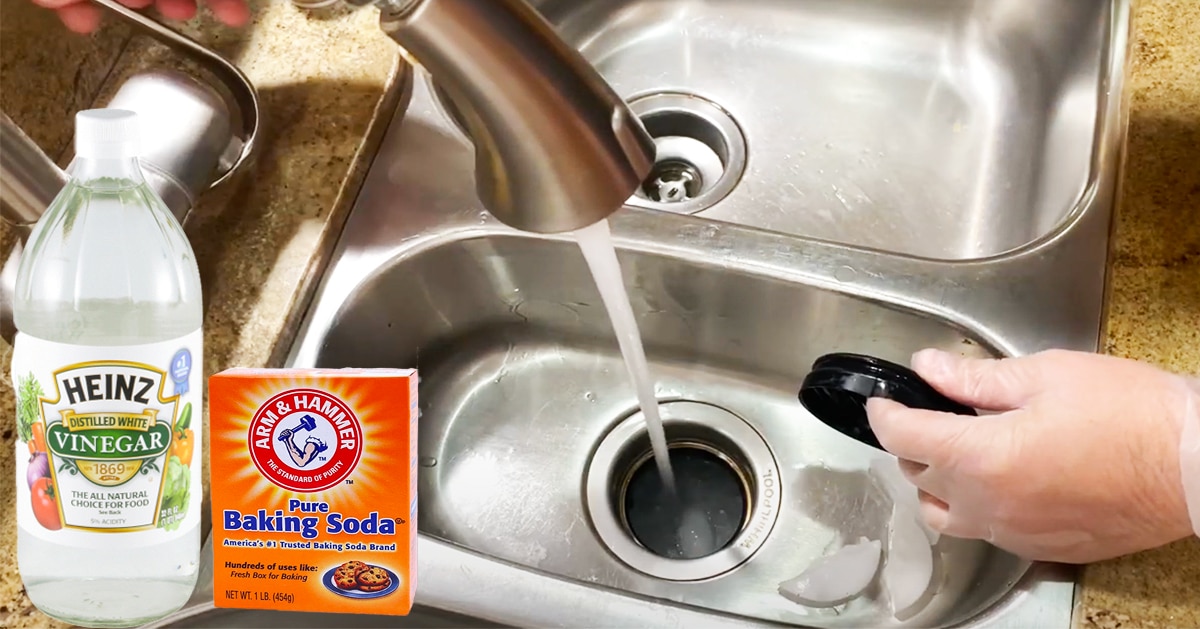




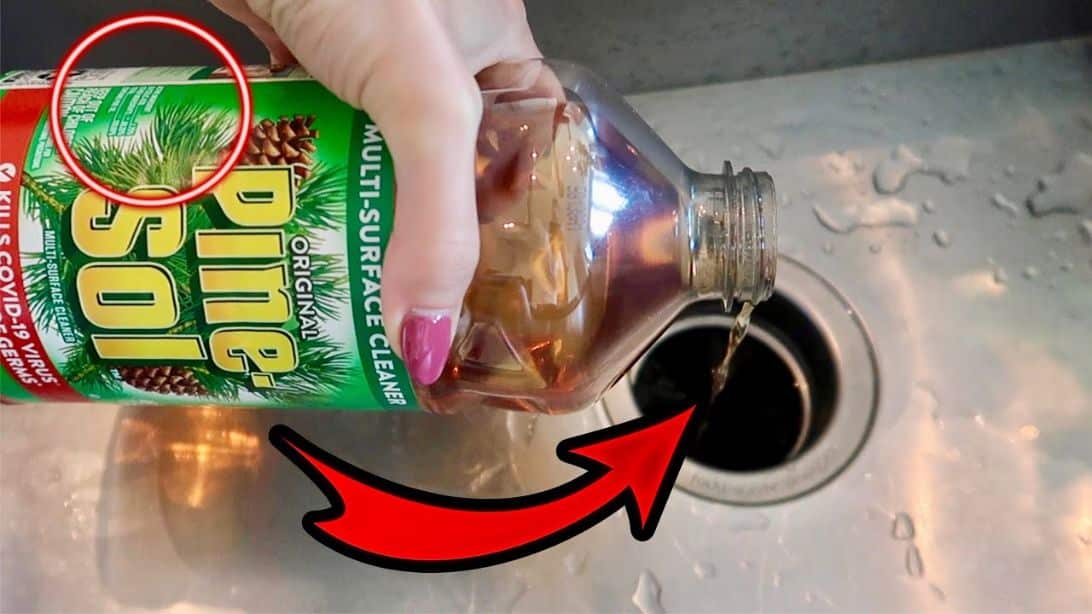



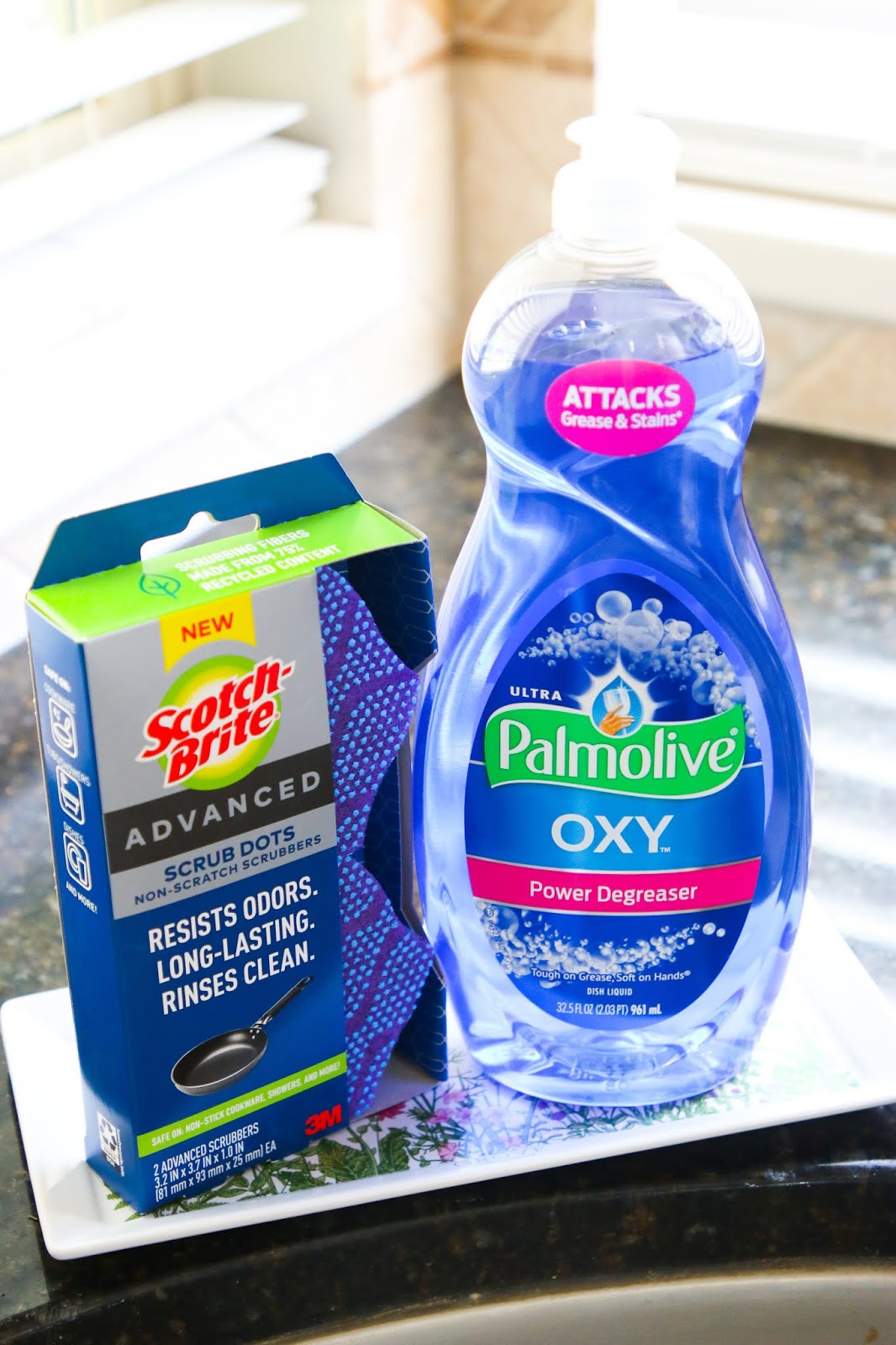
:max_bytes(150000):strip_icc()/how-to-clean-a-kitchen-sink-and-drain-01-5660035-a1d8afe3894346f9a579e66c55e64b7d.jpg)



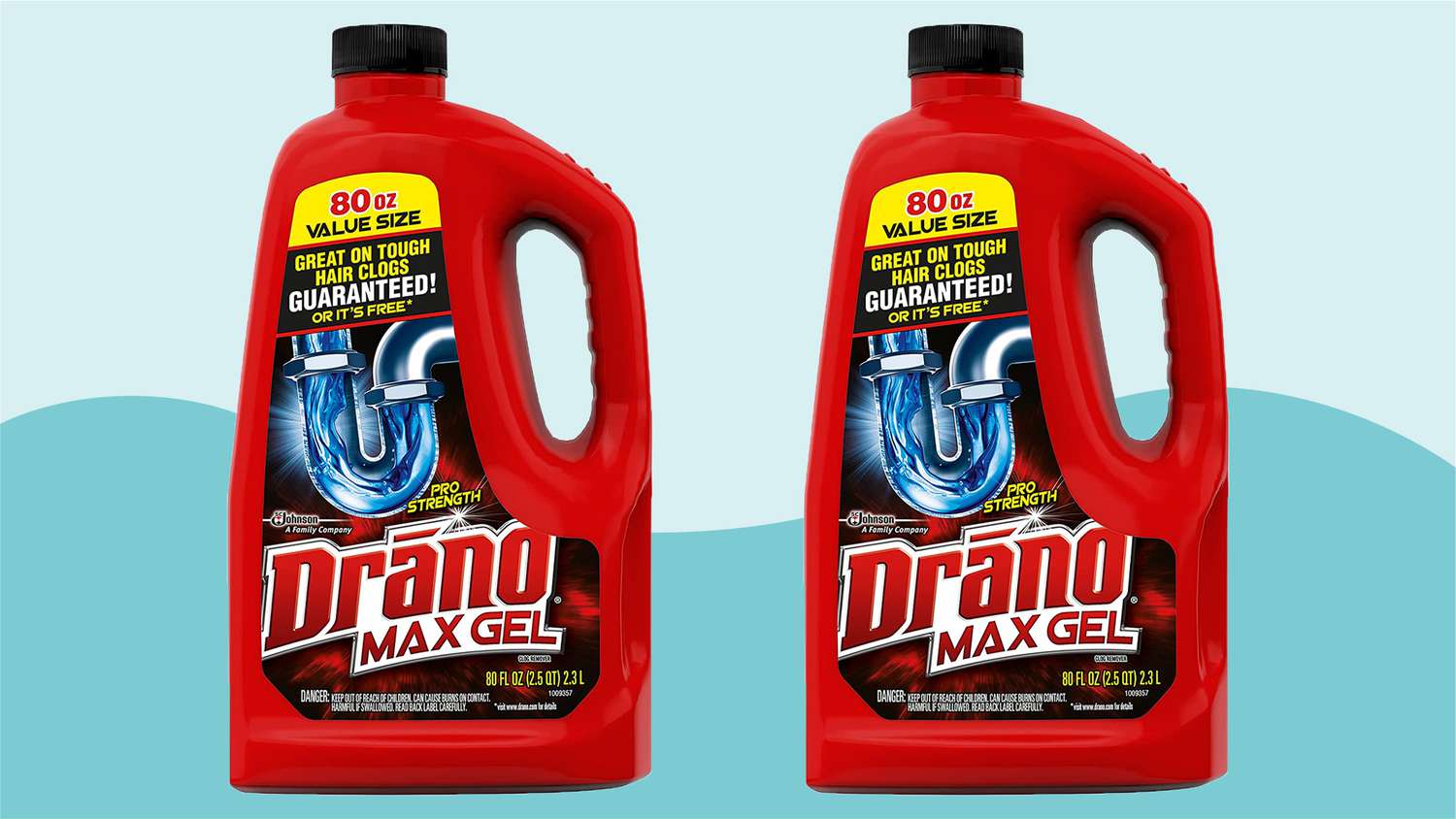
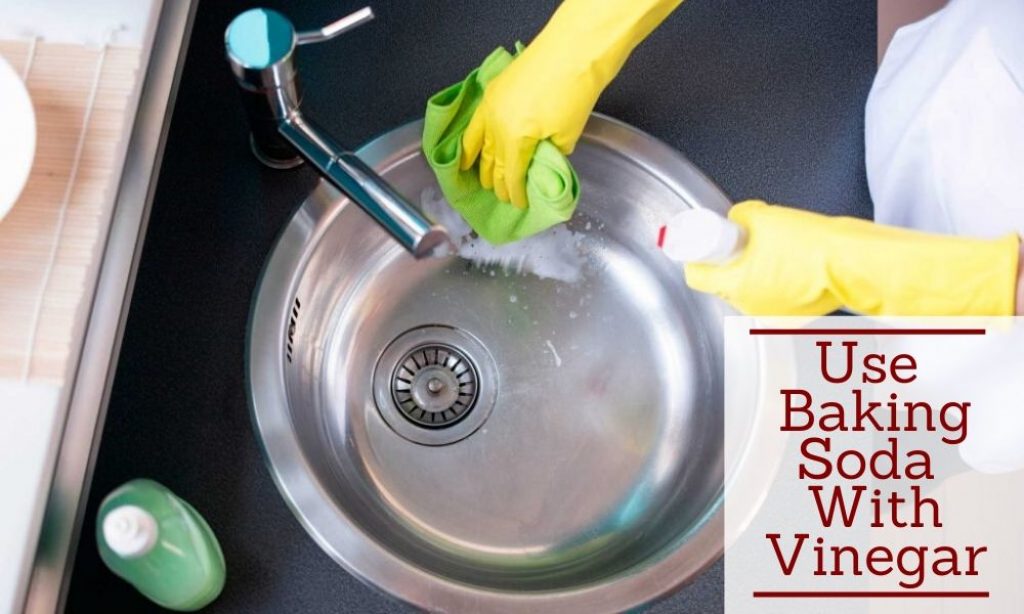
















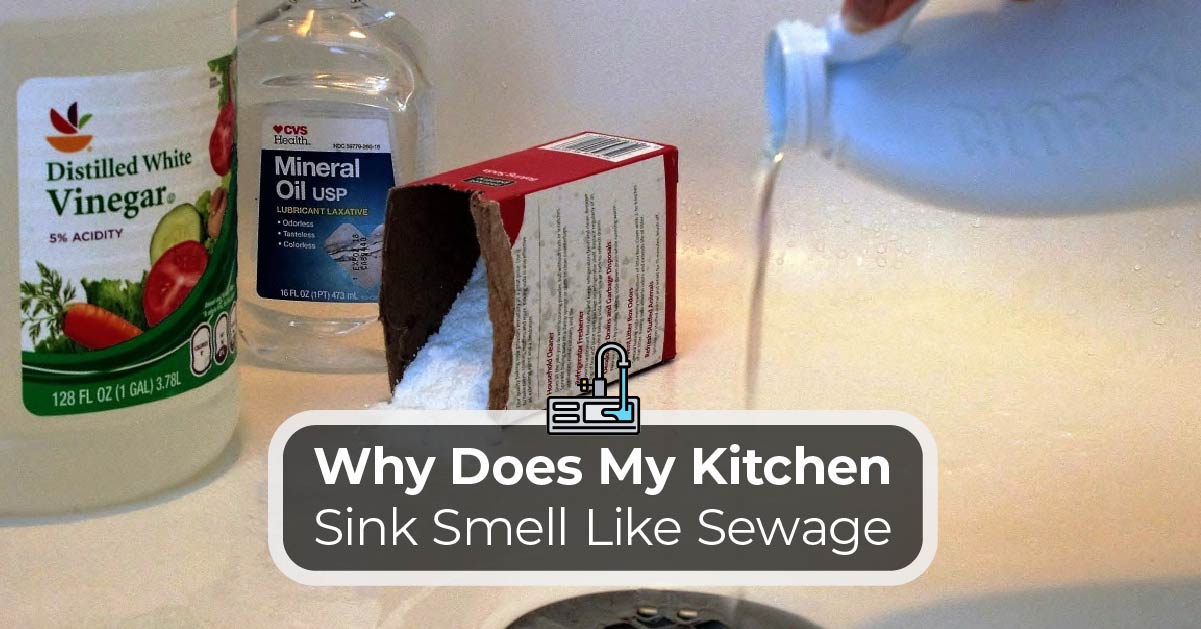

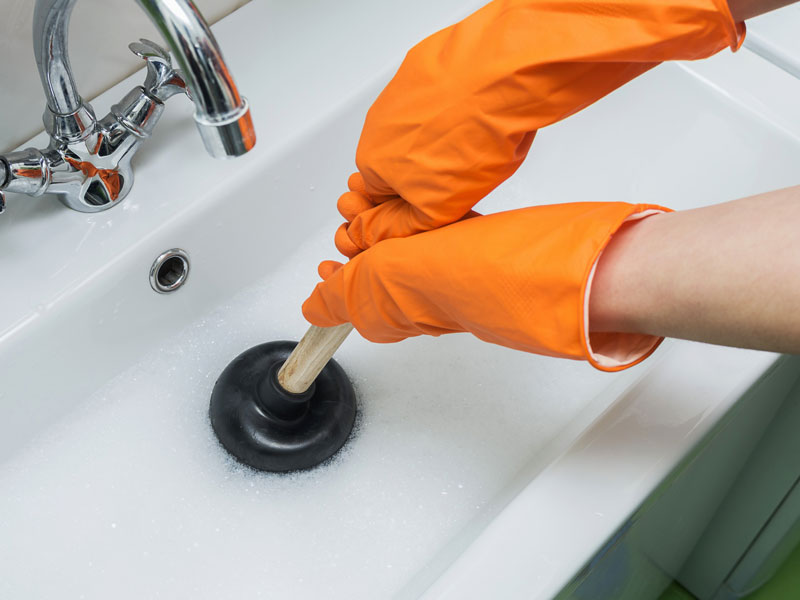

:max_bytes(150000):strip_icc()/_hero_4109254-feathertop-5c7d415346e0fb0001a5f085.jpg)




